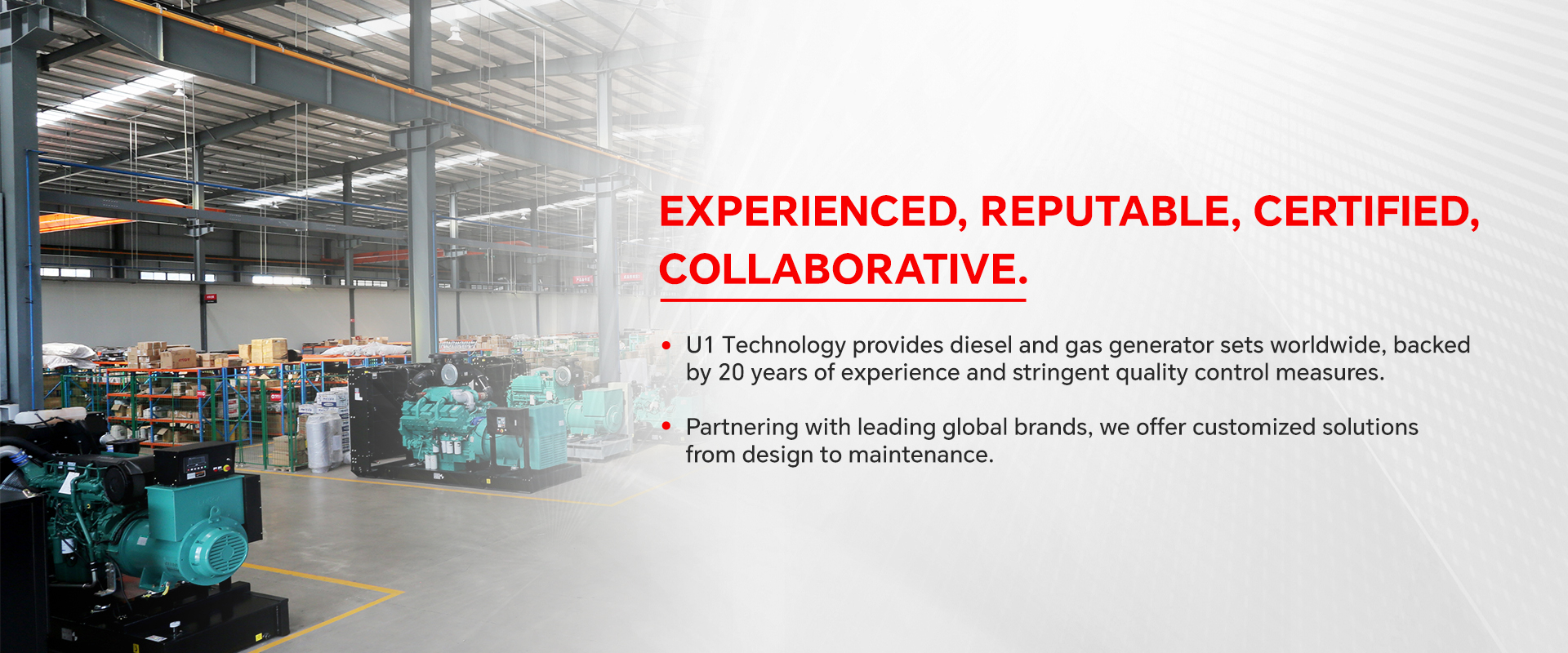In the arena of backup power generation, two prominent options stick out: propane and diesel generators. If the power quickly scans the blogosphere, and also the dependence on it becomes critical, choosing the right generator set will make a big difference. But how does one decide between gas and diesel generators? Each has its list of pros and cons, as well as the choice ultimately depends upon your particular needs and circumstances.

In this post, we’re going to learn about the distinctive features, advantages, and disadvantages of propane and diesel generator sets, helping you to come up with a well-informed decision where option aligns best with your needs.
Gas Generators
Advantages
Cleaner Emissions: Most significant benefits of gas generators could be the lower environmental impact. When gas burns, it produces fewer harmful emissions, like particulate matter, nitrogen oxides, and sulphur dioxide, than the diesel genset. As a result natural gas generators a greener selection for those concerned with quality of air and environmental sustainability.
Cost-Effective Fuel: Natural gas is frequently less expensive than diesel fuel. The charge savings could be significant over the long term, specifically if you want to use your generator frequently. Furthermore, the availability of natural gas is commonly more stable, reducing price fluctuations.
Less Maintenance: Propane generators typically require less maintenance than their diesel counterparts. This is a result of the cleaner-burning nature of gas main, which leads to fewer deposits and soot buildup within the engine, extending the generator’s lifespan.
Quieter Operation: Propane generators are known for their quieter operation. This is a vital consideration in residential areas and settings where noise pollution has to be minimized.
Disadvantages
Limited Fuel Storage: A disadvantage to natural gas generators is addiction to a nonstop availability of natural gas. This could be problematic during extended power outages or even in remote places that a consistent natural gas supply will not be available.
Lower Energy Density: Gas main features a lower energy density compared to diesel, meaning you could require a larger storage capacity or higher frequent refuelling for the similar output.
Lower Fuel Efficiency: Propane generators usually are less fuel-efficient than diesel generators, that may increase operational costs ultimately.
Lower Portability: As a result of requirement for a dedicated propane supply, these generators are less portable and versatile than diesel generators.
Diesel Generators
Advantages
High Energy Density: Diesel fuel is acknowledged for its high energy density. Therefore diesel generators can provide more power in a smaller package, making them suited to applications where space is bound.
Fuel Storage: Diesel generators possess the benefit from having the ability to store fuel for longer periods without degradation. This may cause them a dependable choice for backup power in remote locations and during long-term power outages.
Fuel Efficiency: Diesel generators have fuel efficiency, consuming less fuel for similar power output as gas generators. This brings about lower operational costs.
Greater Reliability: Diesel engines are usually more robust and sturdy, be responsible for greater reliability in demanding conditions. They are often the go-to choice for mission-critical applications.
Disadvantages
Emissions and Environmental Impact: Diesel generators emit higher degrees of pollutants, including nitrogen oxides and particulate matter, that may have adverse effects on quality of air and public health. Stricter emissions regulations happen to be carried out mitigate these complaints.
Noise Levels: Diesel generators are generally noisier than gas main generators, which is often a problem in areas or where environmental noise is a consideration.
Fuel Availability and Cost: Diesel fuel might be more costly and at the mercy of price fluctuations. Additionally, storing vast amounts of diesel fuel can cause safety and environmental risks.
Maintenance Requirements: Diesel generators typically require more frequent maintenance as a result of soot and carbon buildup from the engine, which could boost the price tag of ownership.
When to Choose Natural Gas Generators?
Environmental Concerns: Should you prioritize environmental sustainability and cleaner emissions, a natural gas generator is the strategy to use.
Financial savings: If you’re trying to reduce fuel costs in the lon run and also have usage of a reliable gas supply, propane generators may be more cost-effective.
Quiet Operation: In residential areas or places where noise levels should be kept low, gas main generators will be the quieter choice.
Less Frequent Use: If your generator works as a backup for occasional power outages, the lower maintenance requirements of gas generators make sure they are an expedient option.
When you should Choose Diesel Generators?
High Power Requirements: Prefer a high-power output in a compact package, diesel generators, with their high energy density, include the better choice.
Reliability: For mission-critical applications where reliability is key, including data centres or healthcare facilities, diesel generators are often preferred because of their robust and durable engines.
Remote Locations: In areas with limited entry to an all natural gas supply or during long-term power outages, diesel generators with their reliable fuel storage will be the more practical choice.
Frequent Use: Should your generator will discover frequent use so you prioritize fuel efficiency, diesel generators can be more economical ultimately.
Conclusion
The choice between gas main and diesel generators depends upon your unique requirements, budget, and environmental concerns. Both varieties of generators get their pros and cons, as well as the key’s to carefully evaluate your requirements and priorities before you choose. Additionally, make sure to understand local regulations and emissions standards that will affect your option.
More info about gas engine view our new website

